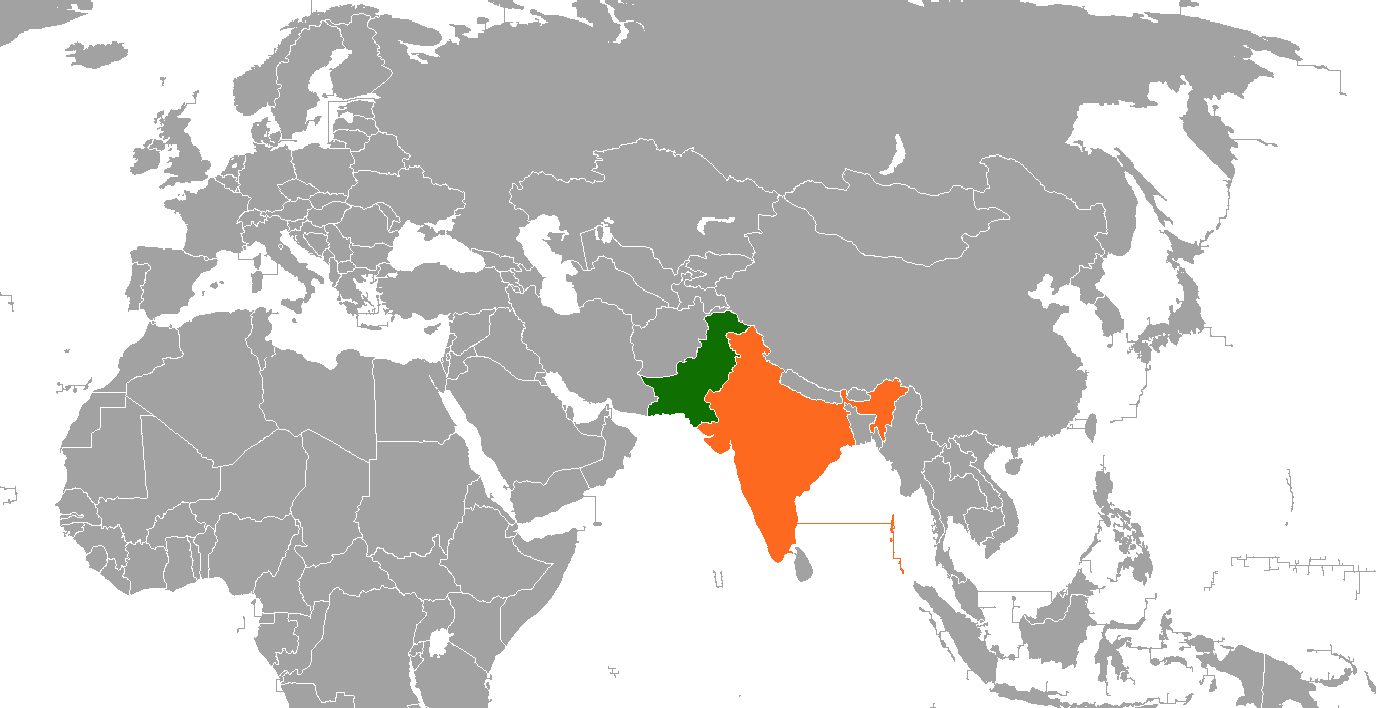
The missile strike on Nur Khan, a key airbase that serves as a crucial asset for Pakistan’s defence operations, was reportedly a precision attack aimed at undermining Pakistan’s strategic capabilities. The decision to move General Munir to a secure location within the GHQ reflects the heightened threat perception and the significant impact the attack had on military leadership and operations.
Sources have stated that the strike came as part of a broader military escalation between the two nations, both of which have a longstanding history of tensions. The incident marked a pivotal moment in the ongoing military dynamics between Pakistan and India, raising concerns about the potential for further escalation in the region. While the immediate damage from the strikes has not been fully disclosed, Pakistani authorities have heightened security protocols across key military sites and air bases.
Following the missile assault, both India and Pakistan engaged in a war of words through official statements, with Pakistan accusing India of crossing a dangerous line. Pakistani officials have condemned the strike as an act of aggression, stressing that it threatens regional stability and the peace process. Meanwhile, India has not formally acknowledged the attack but has maintained that it stands by its military strategies in safeguarding national security.
The strike on Nur Khan is particularly significant due to its strategic location and the role it plays in hosting several important air force assets. Situated near the capital, Islamabad, the airbase serves not only as a military facility but also as a symbol of Pakistan’s defence capabilities in the region. The air base's proximity to political and military leaderships in Rawalpindi and Islamabad has made it a potential target for adversarial forces aiming to weaken Pakistan's command and control infrastructure.
Military analysts have pointed out that India’s use of precision missile technology in this strike underscores the evolving nature of conflict between the two countries, where technology and advanced weaponry are becoming pivotal in military strategies. India’s ability to carry out such targeted attacks suggests a significant development in its military capabilities, raising questions about Pakistan’s preparedness in responding to such sophisticated threats.
The attack has heightened concerns about the fragile security environment between the two nuclear-armed neighbours. While no casualties have been reported at the time of the strikes, the incident underscores the ever-present risks of military conflict in South Asia. Analysts have warned that a miscalculation by either side could escalate into a larger confrontation, with devastating consequences for both nations and the broader region.
Diplomatic channels between Pakistan and India have remained strained for years, with ongoing disputes over territories like Kashmir fueling much of the animosity. The situation at Nur Khan adds to the growing list of flashpoints in the region, highlighting the volatility that exists between the two countries despite years of negotiations and peace talks.
As the situation develops, there have been calls from the international community for both Pakistan and India to engage in de-escalatory measures to prevent further military actions. The international community, including neighbouring countries, has expressed concern over the potential for a military escalation to destabilise the region. With both nations maintaining strong military postures, any misstep could lead to a dangerous chain of events.
Pakistan’s military response following the strike has involved a significant increase in security measures around key military assets. There has also been an ongoing reassessment of defensive strategies to ensure that such attacks can be repelled in the future. Pakistan’s civilian leadership has echoed the concerns of the military, emphasising the importance of national security and the need to stand united in the face of external threats.
General Munir’s relocation to a fortified bunker reflects not only the gravity of the situation but also the personal risks faced by top military officials in a region where tensions can escalate at any moment. While the general's safety was prioritised during the strike, it also serves as a reminder of the high stakes involved for leadership in volatile conflict zones.
